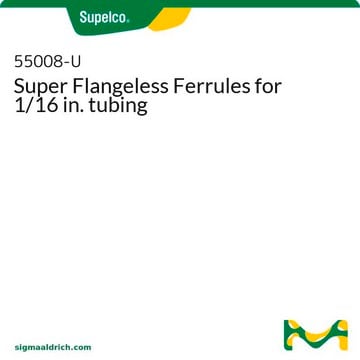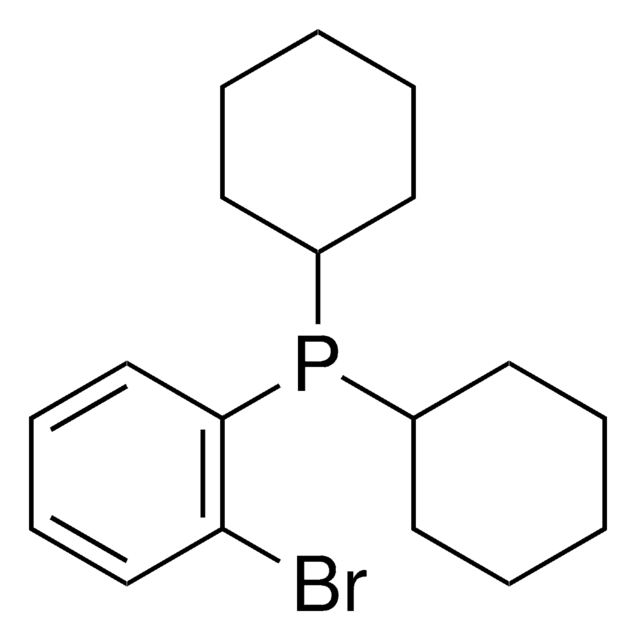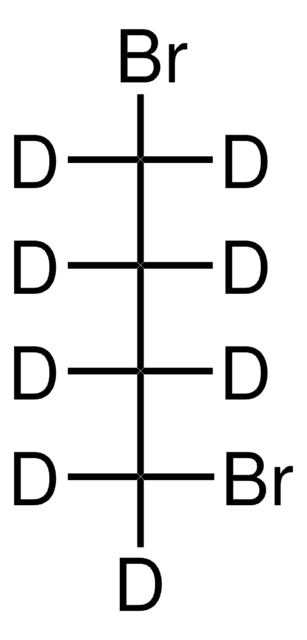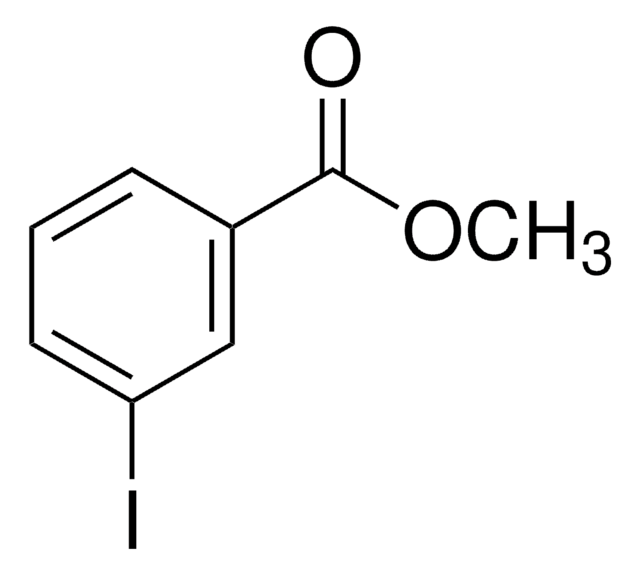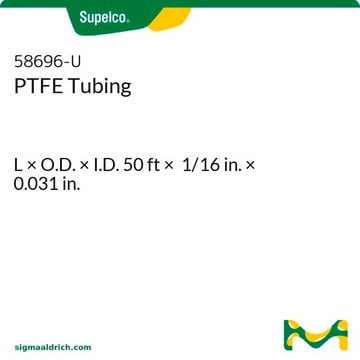649066
Chlorodicyclopentylphosphine
97%
Synonym(s):
Dicyclopentylchlorophosphine, Dicyclopentylphosphine chloride
About This Item
Recommended Products
Assay
97%
reaction suitability
reaction type: Buchwald-Hartwig Cross Coupling Reaction
reaction type: Heck Reaction
reaction type: Hiyama Coupling
reaction type: Negishi Coupling
reaction type: Sonogashira Coupling
reaction type: Stille Coupling
reaction type: Suzuki-Miyaura Coupling
density
1.069 g/mL at 25 °C (lit.)
functional group
phosphine
SMILES string
ClP(C1CCCC1)C2CCCC2
InChI
1S/C10H18ClP/c11-12(9-5-1-2-6-9)10-7-3-4-8-10/h9-10H,1-8H2
InChI key
QTYRJBRBODDGCQ-UHFFFAOYSA-N
General description
Application
- Cp,Cp-MannOP, a chiral diphosphinite ligand by reacting with mannitol.[Cp=cyclopentyl; Mann=mannitol]
- (S)-Cp,Cp-oxoProNOP, a bis(dicycloalkylphosphino) amidophosphine-phosphinite ligand by reacting with (S)-5-(hydroxymethyl)-2-pyrrolidinone
- LcPeNiCl, a precursor for preparing LcPeNiH, which is an efficient catalyst for the reduction of CO2[cPe=cyclopentyl]
Signal Word
Danger
Hazard Statements
Precautionary Statements
Hazard Classifications
Skin Corr. 1B
Supplementary Hazards
Storage Class Code
8A - Combustible corrosive hazardous materials
WGK
WGK 3
Flash Point(F)
>230.0 °F - closed cup
Flash Point(C)
> 110 °C - closed cup
Personal Protective Equipment
Certificates of Analysis (COA)
Search for Certificates of Analysis (COA) by entering the products Lot/Batch Number. Lot and Batch Numbers can be found on a product’s label following the words ‘Lot’ or ‘Batch’.
Already Own This Product?
Find documentation for the products that you have recently purchased in the Document Library.
Our team of scientists has experience in all areas of research including Life Science, Material Science, Chemical Synthesis, Chromatography, Analytical and many others.
Contact Technical Service



